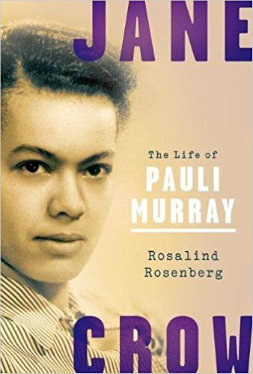Advent 2B, December 6, 2020. The Rev. Pamela L. Werntz
Isaiah 40:1-11 Cry out!
2 Peter 3:8-15a Do not ignore this one fact, beloved, that with the Lord one day is like a thousand years, and a thousand years are like one day.
Mark 1:1-8 He will baptize you with the Holy Spirit.
O God of the prophets, may we have the wisdom, the strength, and the courage to seek always and everywhere after truth – come when it may and cost what it will.
Every year our branch of Christianity gives us a new year, advent, a new season for longing to hear and respond to lessons of prophetic wisdom and calls for repentance writ large. This morning our collect for the day gathers us as one to beg for grace to heed the prophets’ warnings and forsake our sins, our collective sins: the sins of our communities, corporations, governments, and churches. We beg for grace because we surely cannot forsake our sins without grace. If the good news is that God’s grace is abundantly available to us, all around us, completely accessible for the asking, then what? How do we drink from the deep well of God’s grace so that we heed the prophetic warnings and forsake our sins?
Continue reading


